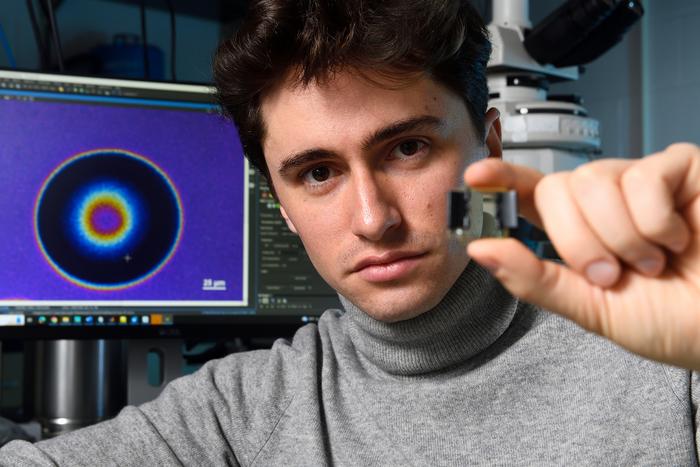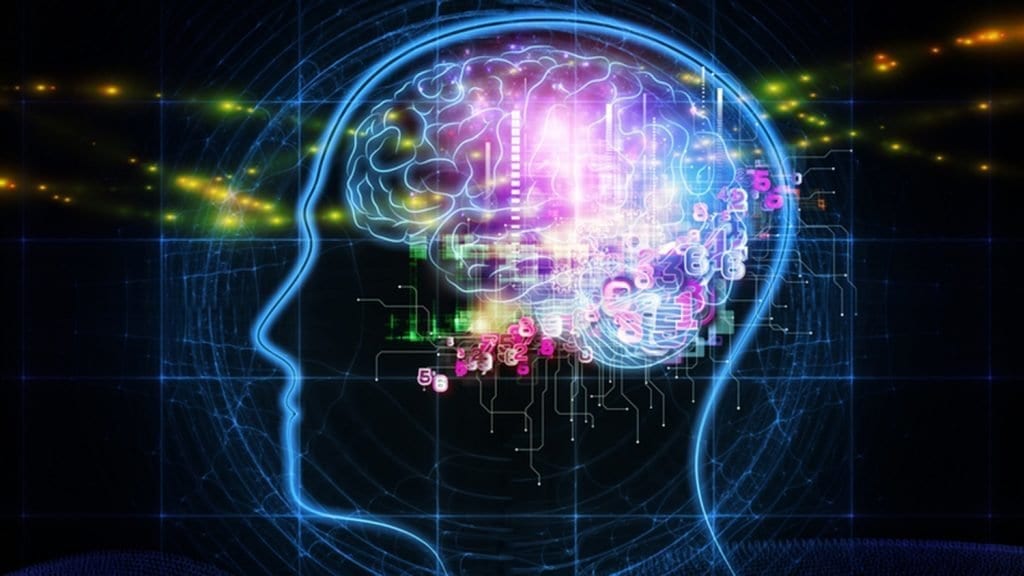
The Gladstone Institutes is an independent and nonprofit biomedical research organization whose focus is to better understand, prevent, treat and cure cardiovascular, viral and neurological conditions such as heart failure, HIV/AIDS and Alzheimer’s disease.
The Latest Bing News on:
Gladstone Institutes Research
- Cytokinetics Hosts Muscle Biology-Focused Research Symposium: Contemporary Landscapes in Muscle Biology
CLIMB is a one-day research symposium bringing together scientists ... Ph.D., L.K. Whittier Director, Gladstone Institute of Data Science and Biotechnology; Professor, Department of Epidemiology and ...
- Study suggests two copies of APOE4 gene behind up to 20% of Alzheimer's cases
A team of neurologists affiliated with multiple institutions in Spain and the U.S. has found evidence that suggests up to 20% of all cases of Alzheimer's disease (AD) may be attributable to double ...
- Gladstone's Deepak Srivastava Honored as Most Admired CEO by San Francisco Business Times
The San Francisco Business Times has named Gladstone Institutes President Deepak Srivastava, MD, as one of the Most Admired CEOs among Bay Area businesses and nonprofits. In an article now appearing ...
- Scientists link oocyte-specific histone H1FOO to better iPS cell generation
A joint research team led by Dr. Akira Kunitomi, a former postdoctoral fellow at CiRA (currently a researcher at the Gladstone Institute of Cardiovascular Disease), and ID Pharma Co., Ltd., has ...
- Gladstone's Deepak Srivastava is using collaboration to propel medical research
Through the hardest of times Gladstone Institutes' president is focused on empowering medical research. Here's why Dr. Deepak Srivastava is one of our Most Admired CEOs.
The Latest Bing News on:
Gladstone Institutes Discovery
- Lily Gladstone on her new ‘Under the Bridge’ series, stratospheric year
Chatting on Zoom this month in an interview to promote her new Hulu series “Under the Bridge,” Gladstone said that the past year has been astonishing – during awards season, “every day was packed with ...
- Gladstone's Deepak Srivastava Honored as Most Admired CEO by San Francisco Business Times
The San Francisco Business Times has named Gladstone Institutes President Deepak Srivastava, MD, as one of the Most Admired CEOs among Bay Area businesses and nonprofits. In an article now appearing ...
- Gladstone's Deepak Srivastava Honored as Most Admired CEO by San Francisco Business Times
The company, focused on regenerative medicine and drug discovery for heart failure ... its Most Admired CEOs gala on May 16. About Gladstone Institutes Gladstone Institutes is an independent ...
- Gladstone's Deepak Srivastava is using collaboration to propel medical research
Through the hardest of times Gladstone Institutes' president is focused on empowering medical research. Here's why Dr. Deepak Srivastava is one of our Most Admired CEOs.
- Therini Bio Announces Positive Preclinical Data Supporting the Development of THN391 in Neurodegenerative Ocular Diseases
THN391 demonstrated effectiveness in protecting against vascular and neuronal degeneration - - Therini Bio plans to initiate a Phase 1/2a trial evaluating THN391 in DME in 2H24 - - The data was ...










